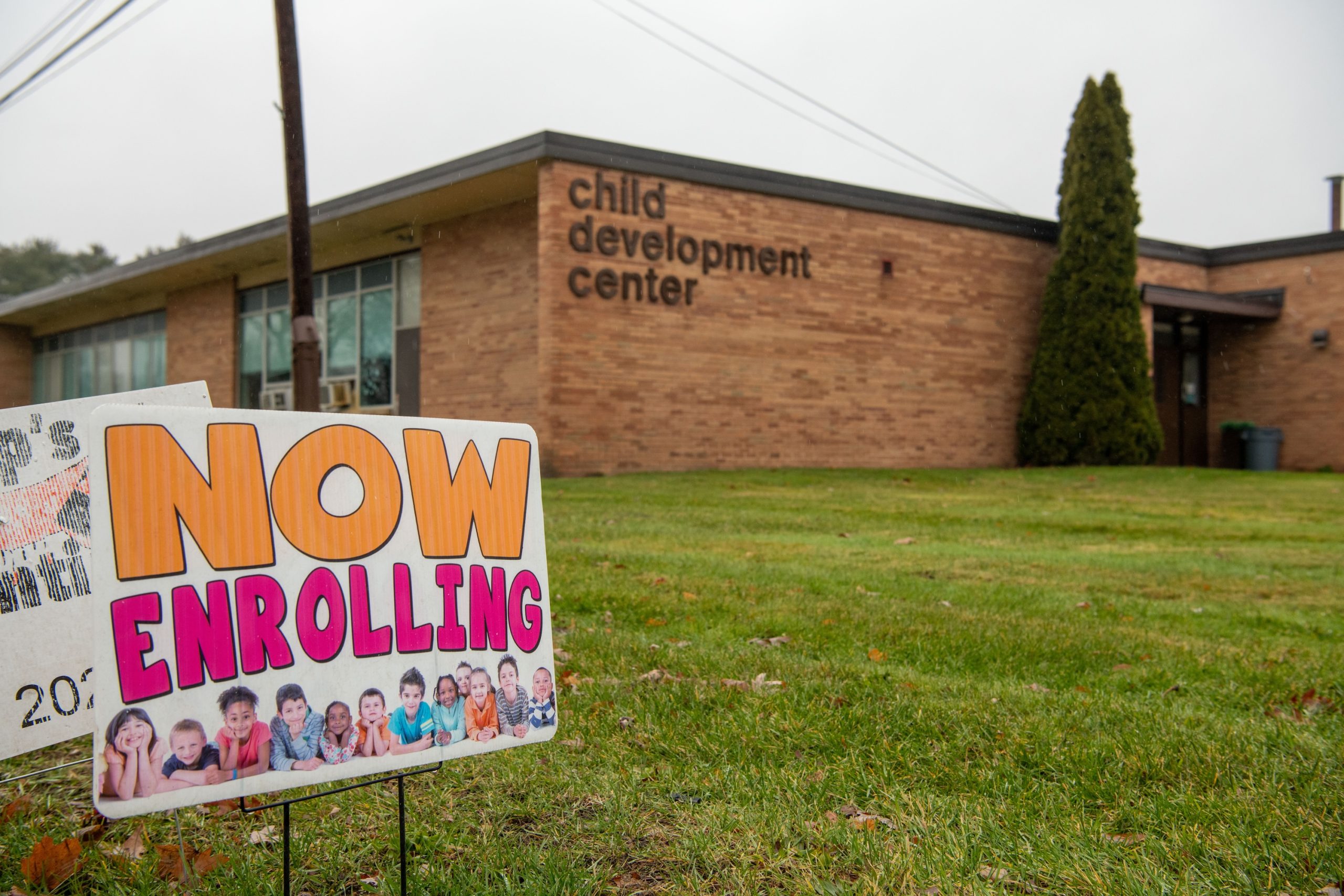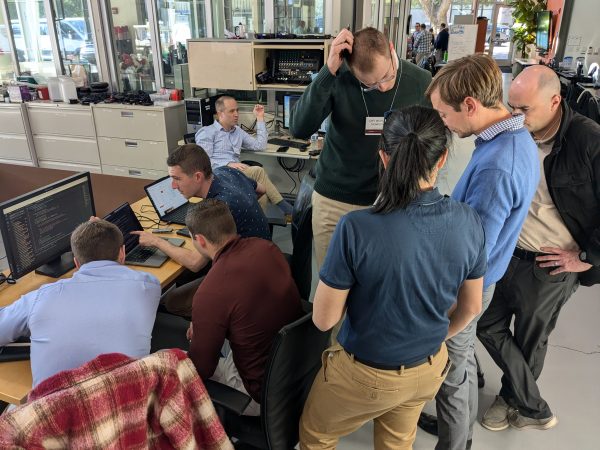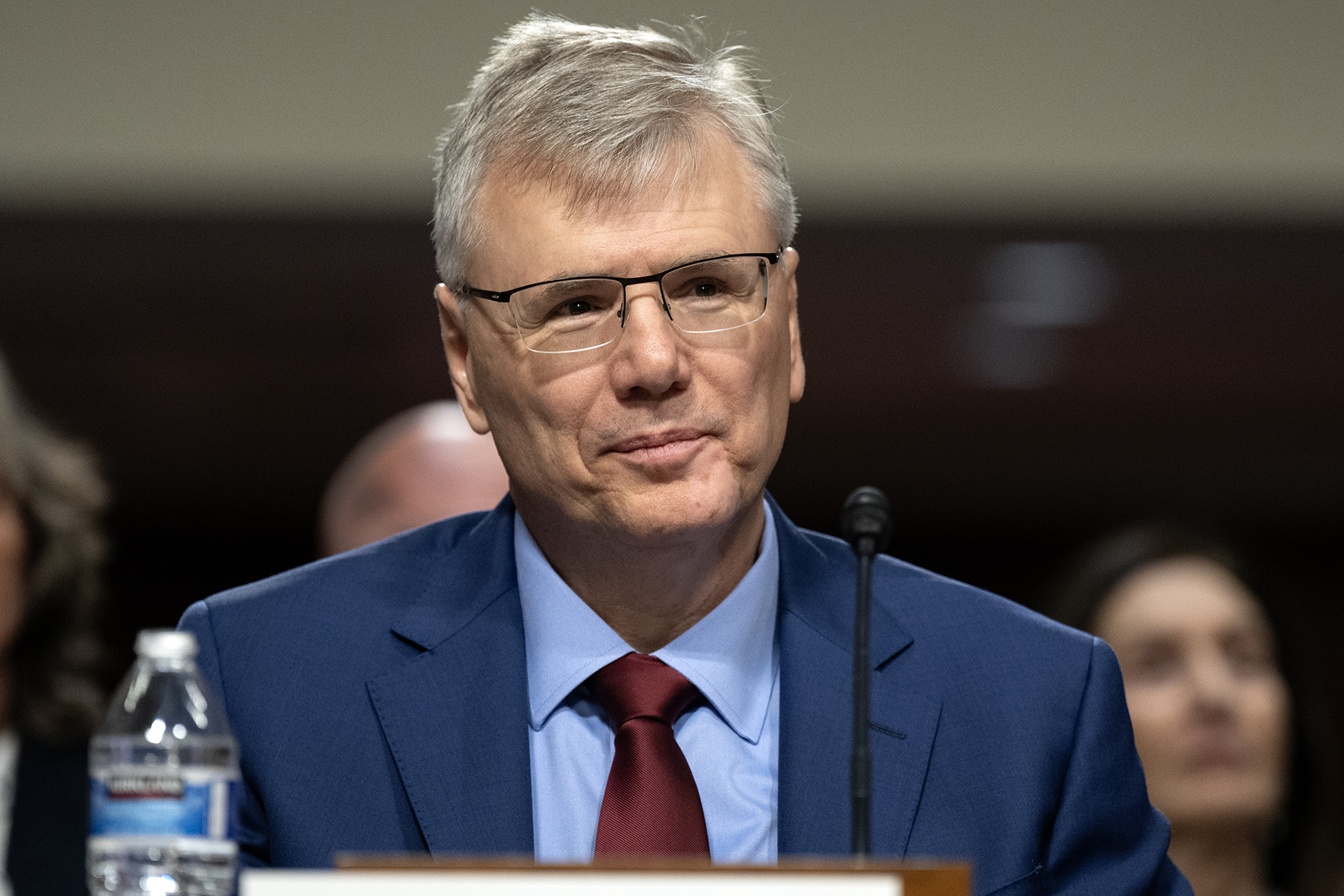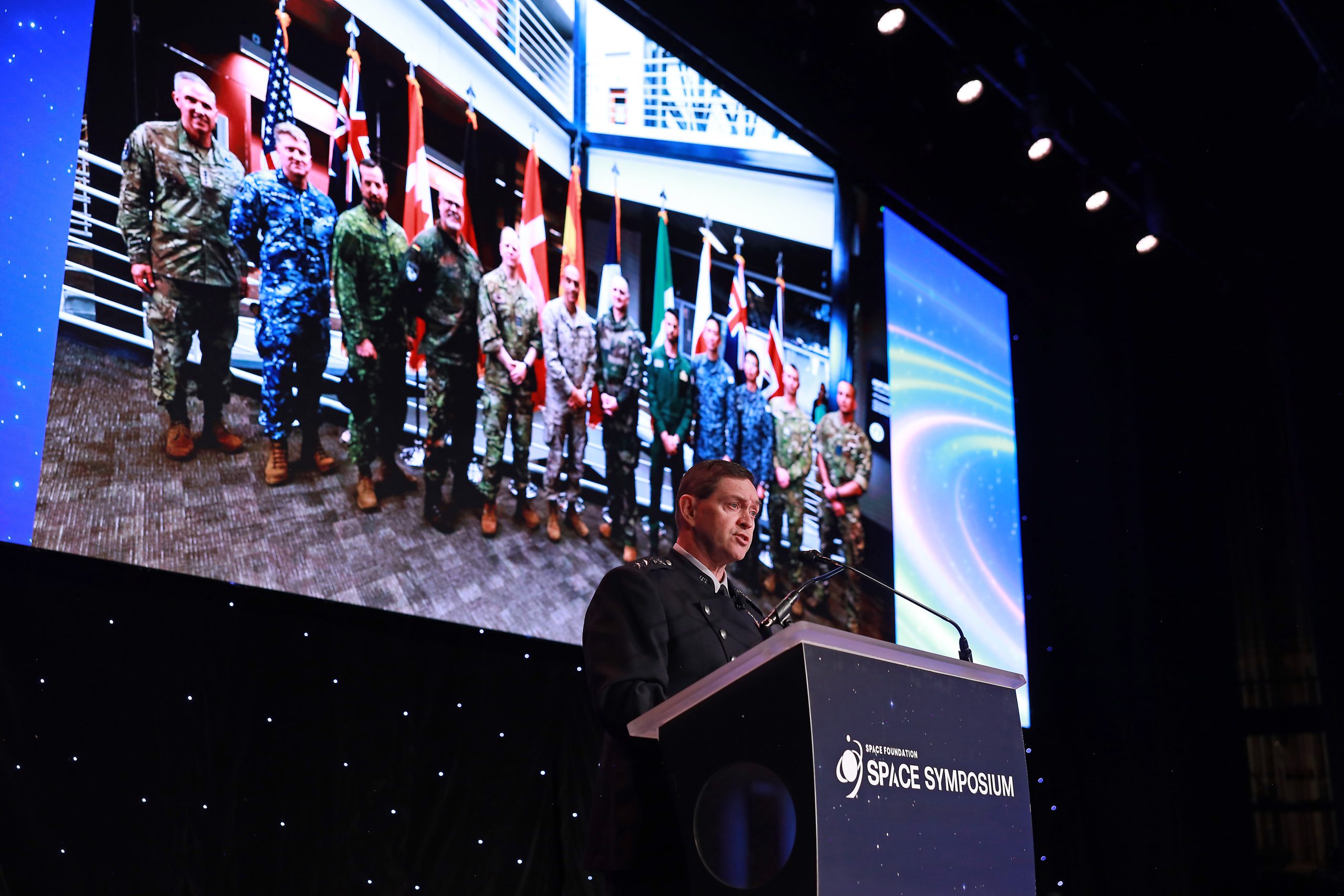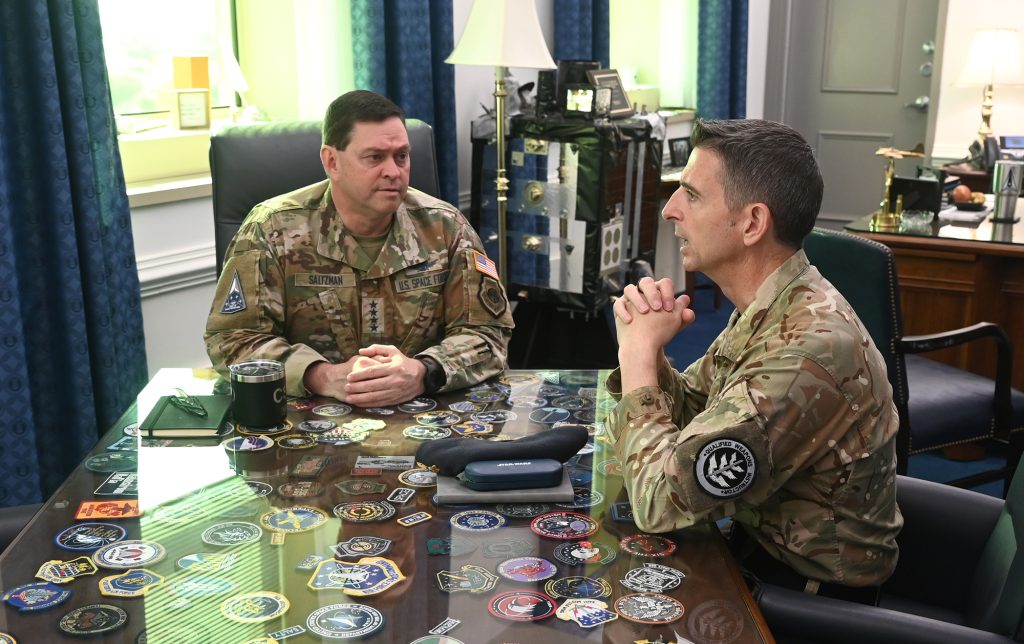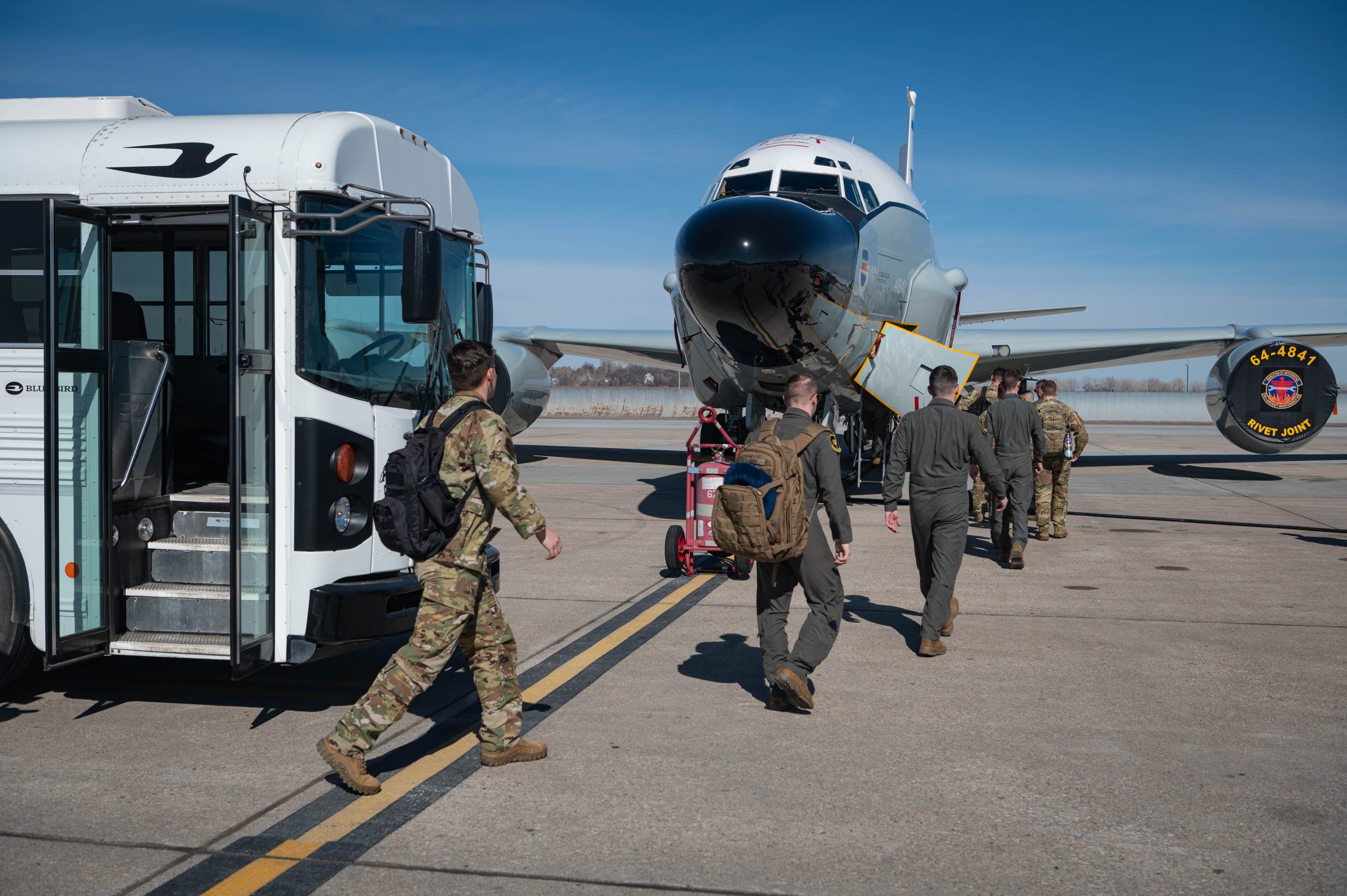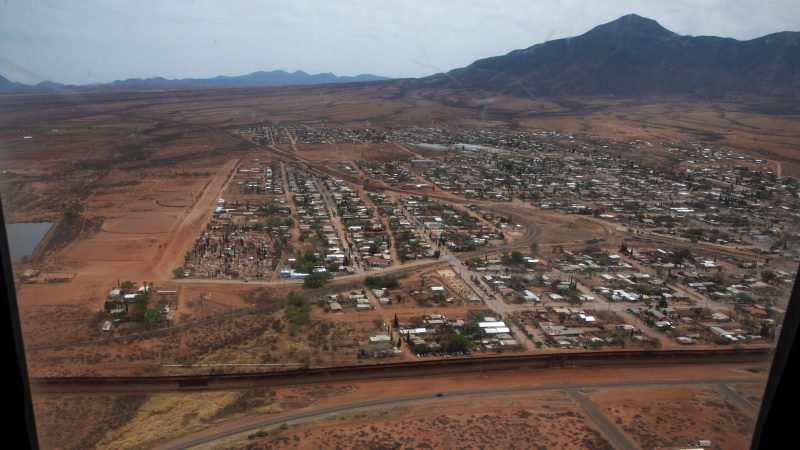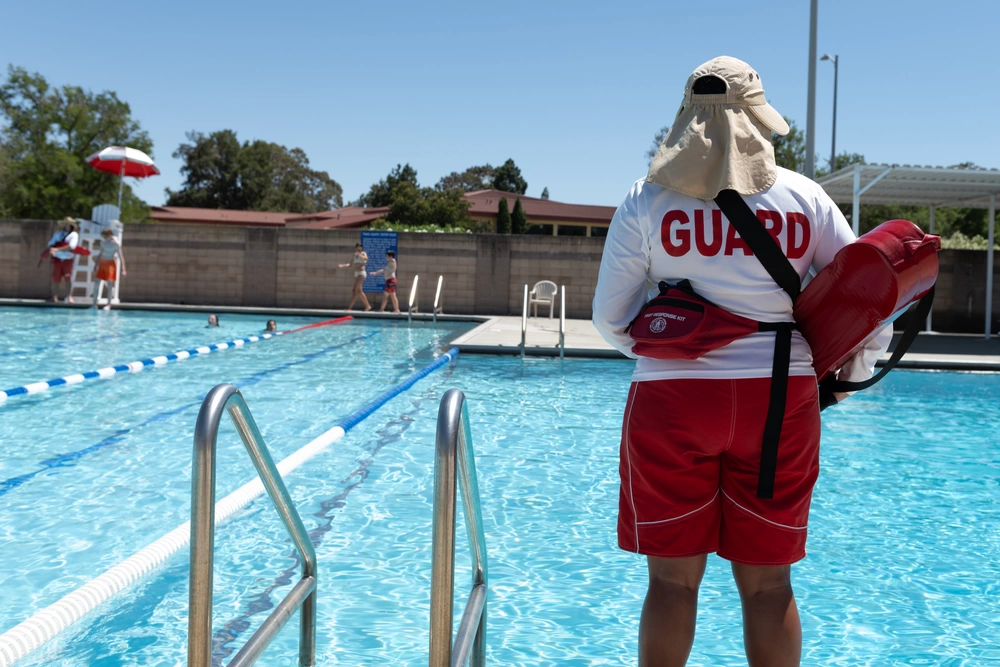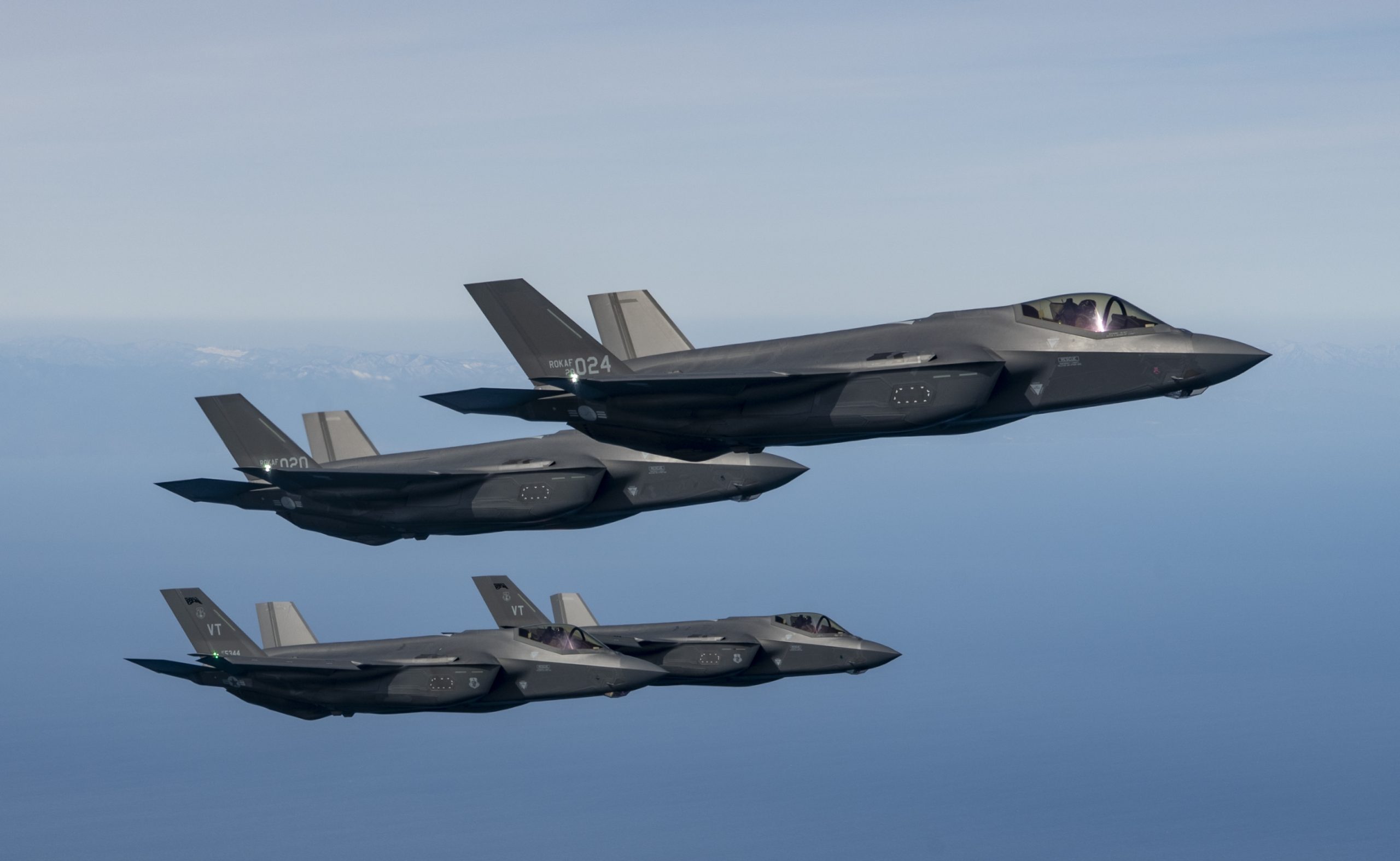A defense civilian hiring freeze is undoing recent progress on child care wait lists, the Air Force’s top general for personnel issues told Congress on April 9.
Over the past two years, the service rolled out child care fee discounts to attract and retain staff for its child care centers, which pushed staffing levels from 72 percent in October 2022 to 86 percent in December 2024, Lt. Gen. Caroline M. Miller wrote in testimony for the Senate Armed Services personnel subcommittee.
That increase knocked the unmet child care needs waitlist down to below 3,000 children by the end of fiscal year 2024, the lowest level since the Air Force started tracking unmet needs in March 2018, she added.
“The first thing you do when you get a [permanent change of station] assignment is you look at, if you have children, where are my children going to go? What is the access to child care? How do I get on the list as soon as possible,” Miller told the subcommittee at a hearing last year. “I mean, it is mission readiness.”
But a recent civilian hiring freeze directed by Defense Secretary Pete Hegseth on March 2 appears to be reversing that progress. A follow-up memo from the Pentagon on March 18 exempted schools and child development centers from the freeze. But the gap in hiring, while brief, made a dent at CDCs where staffing was already a challenge due to high turnover, a common issue across the military since most providers are military spouses who have to move every few years.
Hill Air Force Base, Utah, for example, had to disenroll 31 families last month due to low staffing.
“The Air Force now has an exemption to hire new CDC staff members,” Hill officials told Air & Space Forces Magazine at the time. “However, the hiring, on-boarding, and training process will take time, and there is no set date for when the CDC East will reopen.”
Likewise, Peterson Space Force Base, Colo., asked some families to enroll their infant children at a civilian partner daycare since the infant classroom at the Peterson Main CDC had to close due to a staff shortage.
Officials at both bases blamed the shortage in part on the freeze, and Miller said she is observing the effect service-wide.
“[T]he current hiring freeze has severely impacted our childcare centers by lowering our staffing levels and increasing waitlists, with the current DAF waitlist a little over 4,000 as of [March 19, 2025],” she wrote in her testimony. “With the projected reduction of the civilian workforce, we are still monitoring the enterprise impact this will have on DAF childcare.”
One military child care expert fears Hill and Peterson could be a sign of things to come for CDCs across the country, especially as PCS season approaches and fewer spouses are available to work.
“What we’re seeing is kind of a perfect storm right now of things not coming together,” Kayla Corbitt, a leading advocate for military child care programs, told Air & Space Forces Magazine last month.
Corbitt said the hiring freeze is just one piece of the puzzle, a piece which exacerbated a pre-existing staff shortage that CDCs have struggled with for years. The staff shortage may have been particularly acute at Peterson, where a large number of Space Force units drive high demand, and Hill, where an abuse scandal had a chilling effect on hiring, Corbitt said.
Sen. Elizabeth Warren (D-Mass.), ranking member of the personnel subcommittee, has flagged military child care staffing as a critical readiness issue at multiple hearings over the years. The senator was alarmed about the Hill closure, but she was also concerned that the services have not delivered on a provision in the Fiscal Year 2025 National Defense Authorization Act that required a model for redesigning military child care staff compensation.
That provision was inspired by the Defense Department’s own recommendation that higher wages could alleviate child care staff shortages, she said. Miller was the only personnel boss with a developed model, which also affects the Space Force because the new service relies on the Space Force for CDC support.
“If military families can’t find child care, they just might not be able to serve,” Warren said.
